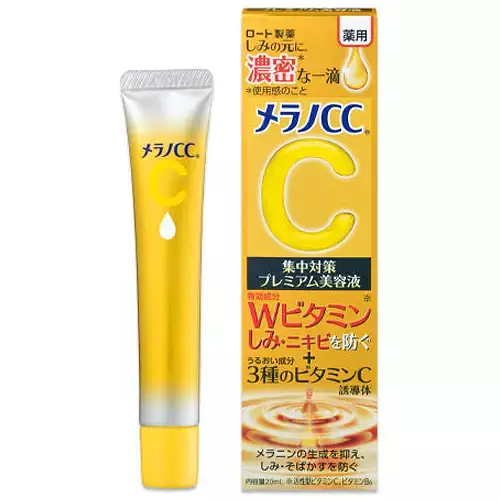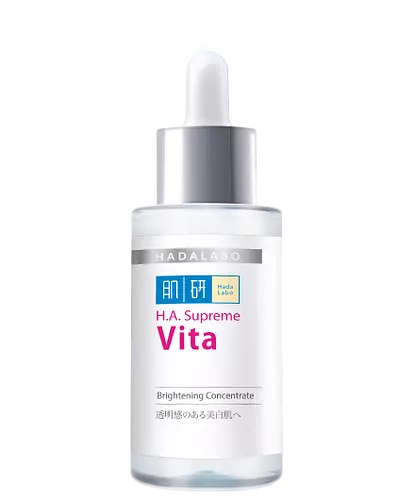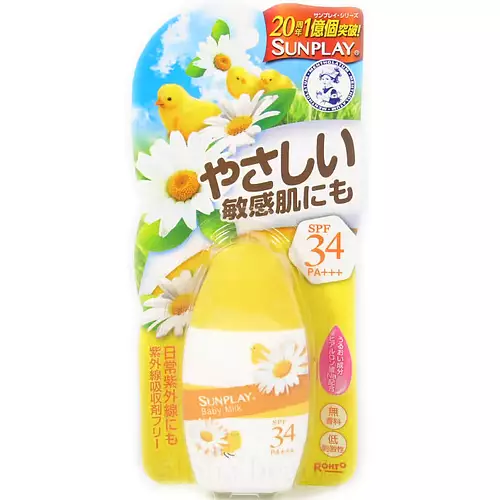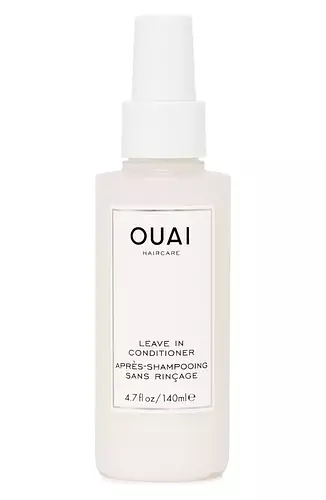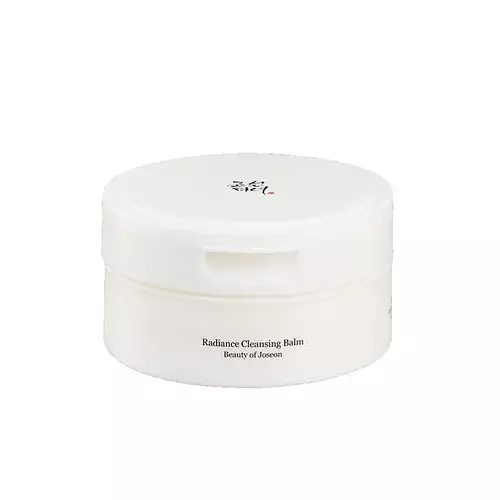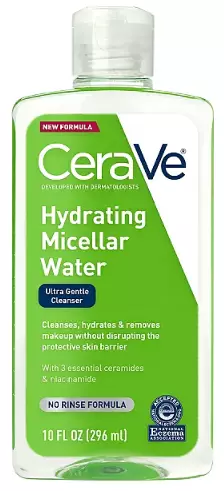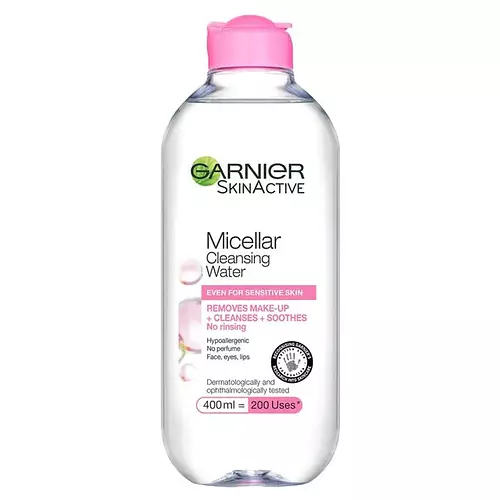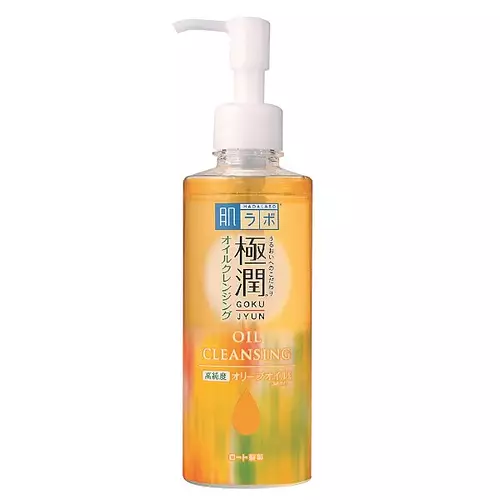
Rohto Mentholatum Hada Labo Gokujyun Oil Cleansing Ingredients Explained
Overview
What it is
Makeup remover with 13 ingredients that contains hyaluronic acid
Cool Features
It is reef safe
Suited For
It has ingredients that are good for dry skin
Free From
It doesn't contain any harsh alcohols, common allergens, parabens, silicones or sulfates
Fun facts
Rohto Mentholatum is from Japan. This product is used in 34 routines created by our community.
We independently verify ingredients and our claims are backed by peer-reviewed research. Does this product need an update? Let us know.
Makeup remover with 13 ingredients that contains hyaluronic acid
Quick info
You should know
Notable Ingredients
This product contains 1 ingredient that may have this attribute:
Benefits
This product contains 1 ingredient that may have this attribute:
Concerns
This product contains 1 ingredient that may have this attribute:
This product contains 1 ingredient that may have this attribute:
Ingredients 13
Ethylhexyl Palmitate is created from 2-ethylhexyl alcohol and palmitic acid. It is a fatty acid ester.
Triethylhexanoin is created from glycerin and 2-ethylhexanoic acid. It is a solvent and emollient.
Sorbeth-30 Tetraisostearate isn't fungal acne safe.
Peg-20 Glyceryl Triisostearate comes from Isostearic Acid and glycerin.
Olea Europaea Fruit Oil is the fixed oil obtained from the ripe fruit of the Olive. In other words - olive oil.
Water. It's the most common cosmetic ingredient of all. You'll usually see it at the top of ingredient lists, meaning that it makes up the largest part of the product.
This ingredient is the fixed oil extracted from seeds of the desert shrub Jojoba. It is more commonly known as jojoba oil. The seed oil is liquid wax ester from the plant. It is non-comedogenic.
Ceresin is a wax derived from ozokerite. It is an alternative to beeswax.
Dextrin Palmitate/Ethylhexanoate isn't fungal acne safe.
This BHA stands for butylated hydroxyanisole. If you are looking for the beta-hydroxy acid, aka as Salicylic Acid, click here.
Ethylhexyl Palmitate, Triethylhexanoin, Sorbeth-30 Tetraisostearate, Peg-20 Glyceryl Triisostearate, Olea Europaea Fruit Oil, Water, Sodium Acetylated Hyaluronate, Hydroxypropyltrimonium Hyaluronate, Simmondsia Chinensis Seed Oil, Ceresin, Dextrin Palmitate/Ethylhexanoate, Iodopropynyl Butylcarbamate, BHA
Ingredient Ratings
Based on the number of likes and dislikes each ingredient has received.
Ingredients Explained
Ethylhexyl Palmitate is created from 2-ethylhexyl alcohol and palmitic acid. It is a fatty acid ester.
The fatty acid content of Ethylhexyl Palmitate makes it an emollient. Emollients help soften and hydrate your skin by trapping moisture within.
Ethylhexyl Palmitate is also used to help improve the texture of cosmetics. It helps other ingredient dissolve in products and help disperse ingredients more evenly. In fact, it is commonly used to evenly mix sunscreen ingredients such as avobenzone and ethylhexyl triazone. It can also help stabilize the fragrances in a product as a fragrance fixative.
Ethylhexyl Palmitate can be used to substitute mineral oil.
Learn more about Ethylhexyl PalmitateTriethylhexanoin is created from glycerin and 2-ethylhexanoic acid. It is a solvent and emollient.
As a solvent, Triethylhexanoin helps dissolve ingredients to stable bases or help evenly distribute ingredients throughout the product.
It is also an emollient and helps condition the skin.
Learn more about TriethylhexanoinSorbeth-30 Tetraisostearate isn't fungal acne safe.
Peg-20 Glyceryl Triisostearate comes from Isostearic Acid and glycerin.
It is an emollient, emulsifier, and gentle cleanser. As an emollient, it helps trap moisture to keep skin soft and hydrated. Emulsifiers help prevent ingredients from separating.
This ingredient is common in oil-based products. This is because it helps oil-ingredients be easily washed away without leaving a residue.
Peg-20 Glyceryl Triisostearate may not be fungal-acne safe.
Learn more about Peg-20 Glyceryl TriisostearateOlea Europaea Fruit Oil is the fixed oil obtained from the ripe fruit of the Olive. In other words - olive oil.
The primary contents of olive oil are glycerides of the fatty acids linoleic, oleic and palmitic.
Olive oil also contains antioxidants such as Vitamin E. Antioxidants may help reduce signs of aging by fighting unstable free-radical molecules. It also contains Vitamins A (retinol), D, and K.
The squalene in olive oil makes it a great emollient. Emollients help soothe and soften your skin by trapping moisture in. This makes olive oil a great skin moisturizer.
Studies show olive oil to have antibacterial and antifungal properties in low concentrations. Another study found olive oil irritated sensitive oily skin. We always recommend speaking with a professional about using this ingredient in your routine.
Learn more about Olea Europaea Fruit OilWater. It's the most common cosmetic ingredient of all. You'll usually see it at the top of ingredient lists, meaning that it makes up the largest part of the product.
So why is it so popular? Water most often acts as a solvent - this means that it helps dissolve other ingredients into the formulation.
You'll also recognize water as that liquid we all need to stay alive. Talk about multi-purpose! If you see this, drink a glass of water. Stay hydrated!
Learn more about WaterSodium Acetylated Hyaluronate is a type of Hyaluronic Acid.
Hyaluronic Acids help moisturize, soothe, and protect the skin.
Read about common types of Hyaluronic Acid here: Sodium Hyaluronate Hydrolyzed Hyaluronic Acid Hyaluronic Acid
Learn more about Sodium Acetylated HyaluronateThis form of hyaluronic acid is produced through fermentation.
According to a manufacturer, it has a positive charge by ionic binding to help moisturize and give hair a smooth feel. This is why you'll find this ingredient in shampoos and body washes.
This ingredient is the fixed oil extracted from seeds of the desert shrub Jojoba. It is more commonly known as jojoba oil. The seed oil is liquid wax ester from the plant. It is non-comedogenic.
Jojoba oil does not contain fragrance and has many fatty-acids, making it a great soothing ingredient. Jojoba contains Vitamin E, a great moisturizing ingredient. Vitamin E is also an antioxidant. Antioxidants help protect your skin against free-radical damage. This may help in anti-aging.
Jojoba seed oil is a humectant, meaning it helps draw moisture from the air. This helps keep your skin hydrated.
While jojoba has antibacterial properties, it is only able to kill some bacteria. It has also been shown to help in wound healing. Indigenous cultures have used jojoba as a moisturizer and to help treat burns.
It is found to be similar to natural human skin sebum, so it has a great effect on dry skin. Jojoba oil may even help with regulating sebum production.
Although jojoba oil is non-comedogenic, we recommend speaking with a professional about using this ingredient if you have any concerns.
Jojoba oil may not be fungal acne safe. We recommend speaking with a professional if you have any concerns.
Jojoba is native to the southwestern US.
Learn more about Simmondsia Chinensis Seed OilCeresin is a wax derived from ozokerite. It is an alternative to beeswax.
The most common process of creating ceresin is by using heat and sulfuric acid.
Dextrin Palmitate/Ethylhexanoate isn't fungal acne safe.
Iodopropynyl Butylcarbamate is a preservative.
This BHA stands for butylated hydroxyanisole. If you are looking for the beta-hydroxy acid, aka as Salicylic Acid, click here.
In cosmetics, butylated hydroxyanisole is used as a perservative. It also has antioxidant properties. The concentrations usually used in skincare are low and do not penetrate through skin.
However, it is considered a carcinogen when ingested.
Butylated Hydroxyanisole is a synthetic and waxy petrochemical. It is used as a preservative in foods and cosmetics.
Learn more about BHAReviews
honimoli
The pros are that it's really gentle and it goes away immediately with water, so no residue. I have reactive skin, and it hasn't affected me in any...
The pros are that it's really gentle and it goes away immediately with water, so no residue. I have reactive skin, and it hasn't affected me in any negative way. I have had some redness but I don't think it's from the product, but because I was too rough when using it a first. Once I stopped it went away.
It has a very light smell, like olive oil, which is unsurprising because it's the main oil. I don't think it goes away, but again, I'm sensitive to smells. Still, it doesn't annoy me much (I love olive oil).
It does not sting my eyes either, nor makes them blurry. It didn't help with sebaceous filaments, but it did made my nose softer.
The cons are that it's not good at removing my (admittedly) very stubborn makeup.
For reference, I use the TONYMOLY Shocking lip tint in red, which those who have heard of it or used it will know that it's a very long-lasting lip tip that lasts through most meals unless, of course, it's a very oily food. The only time it was removed almost completely is when I went to an italian restaurant, in which I ordered very buttery food, full of olive oil, and even then some color was left. I use it because I've heard some mukbangers use it as well.
I haven't been able to remove this tint with this oil. I have tried using some makeup removing wipes, then this oil at least 2-3 times on the lips to take it away, but it does not work to remove it fully and some color is left. I just sleep on it and by the time I wakeup, the redness from the tint is way less noticeable.
I suspect my saliva is better at removing this tint than this cleansing oil, which I find interesting.
If you don't own waterproof makeup, you have oily, combo skin or you tend to sweat a lot throughout the day, I do recommend it. Otherwise, it's not the best. Which I don't blame it for, it just does not work for me.
Compared With
Here are some products that it's often compared with
More Rohto Mentholatum Products
See all Rohto Mentholatum productsMore Makeup Removers
See all makeup removersWe're dedicated to providing you with the most up-to-date and science-backed ingredient info out there.
The data we've presented on this page has been verified by a member of the SkinSort Team.
Read more about us



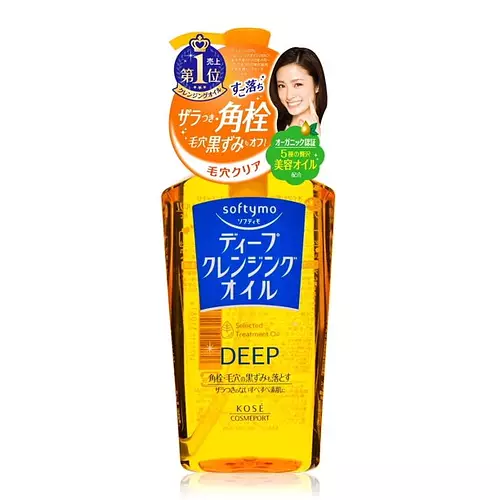
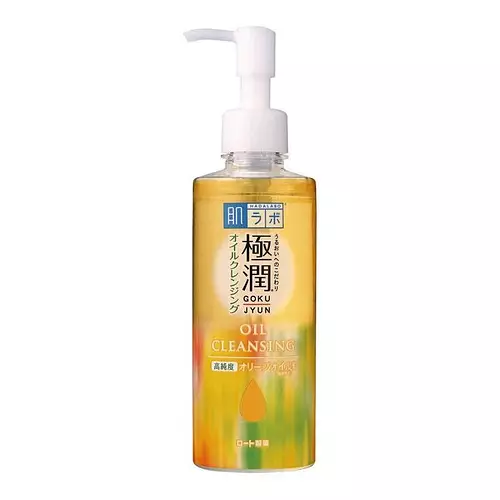
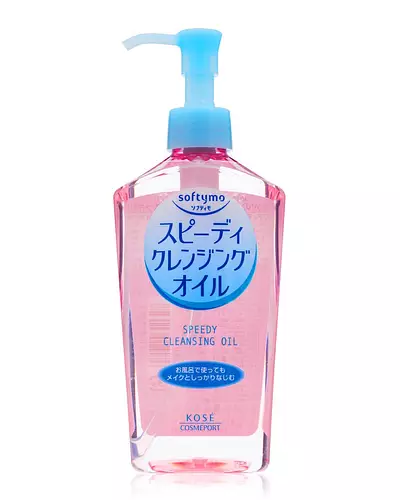
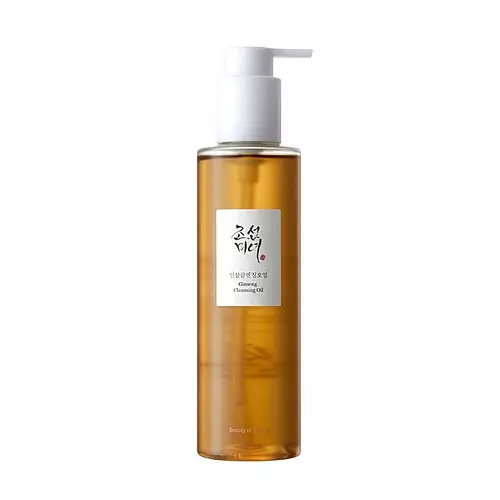
.png)
